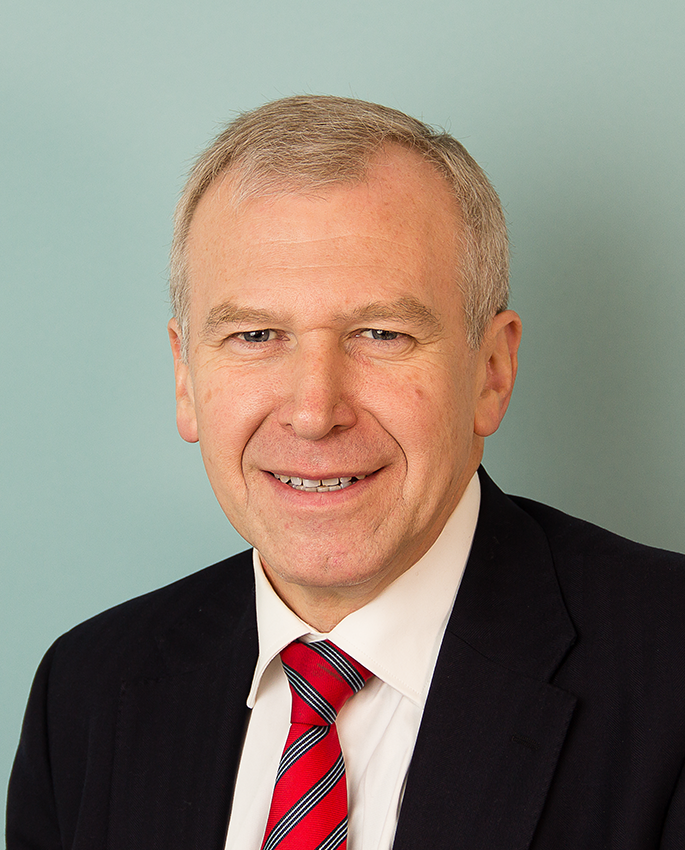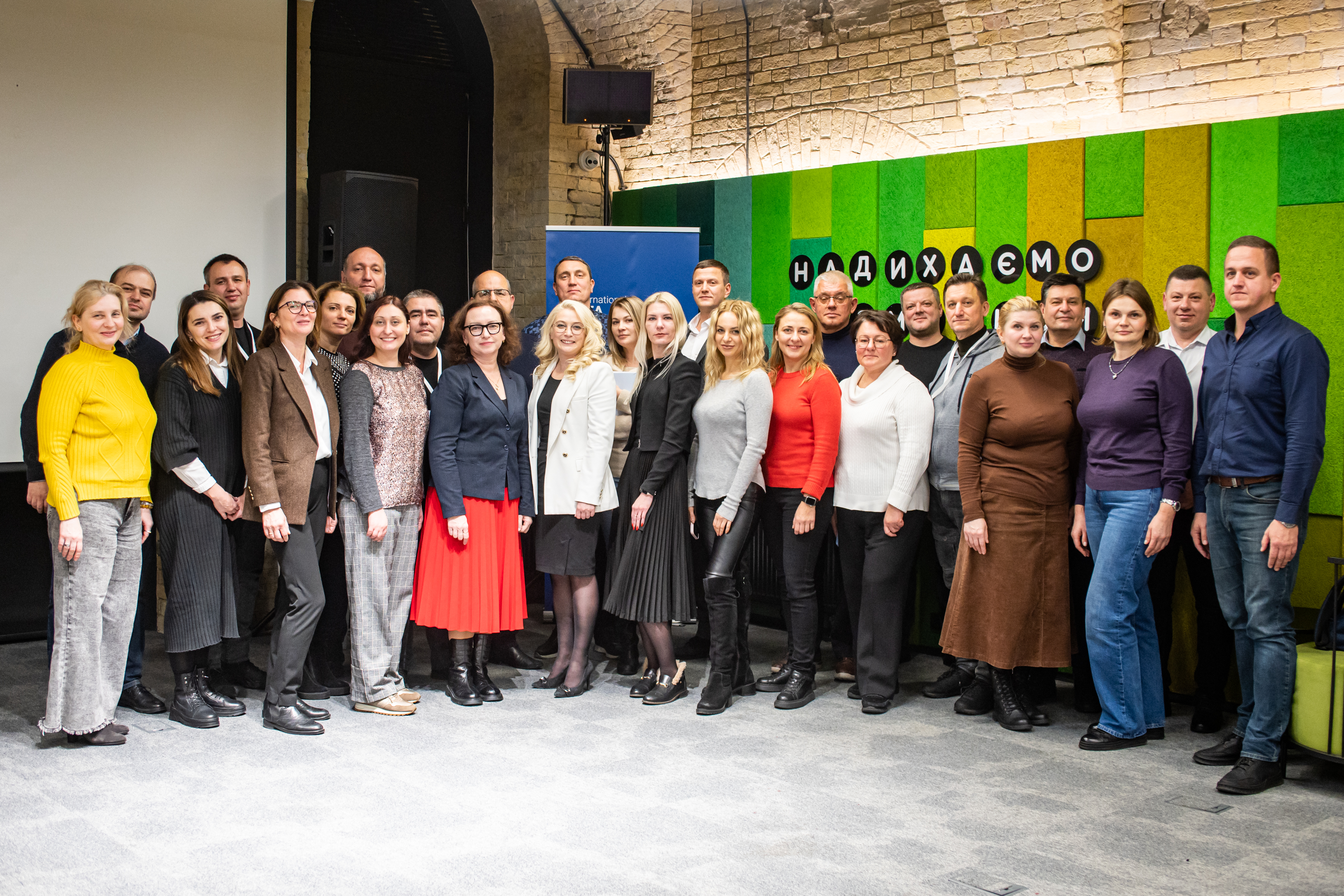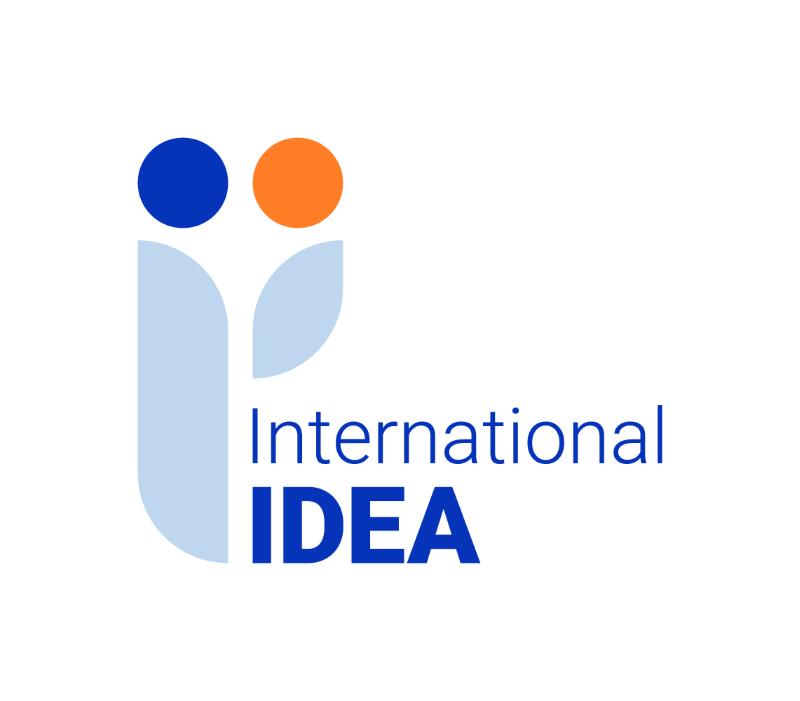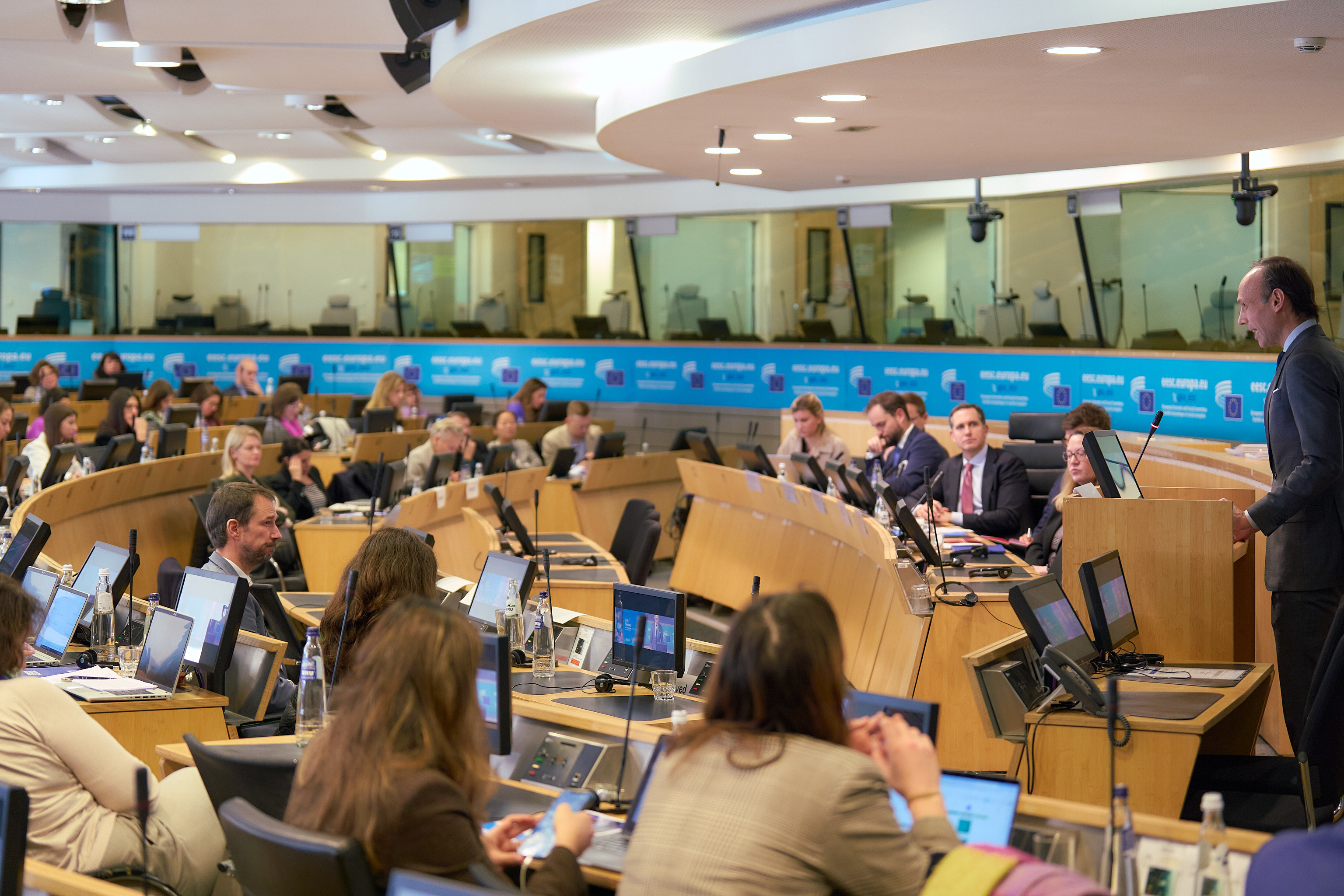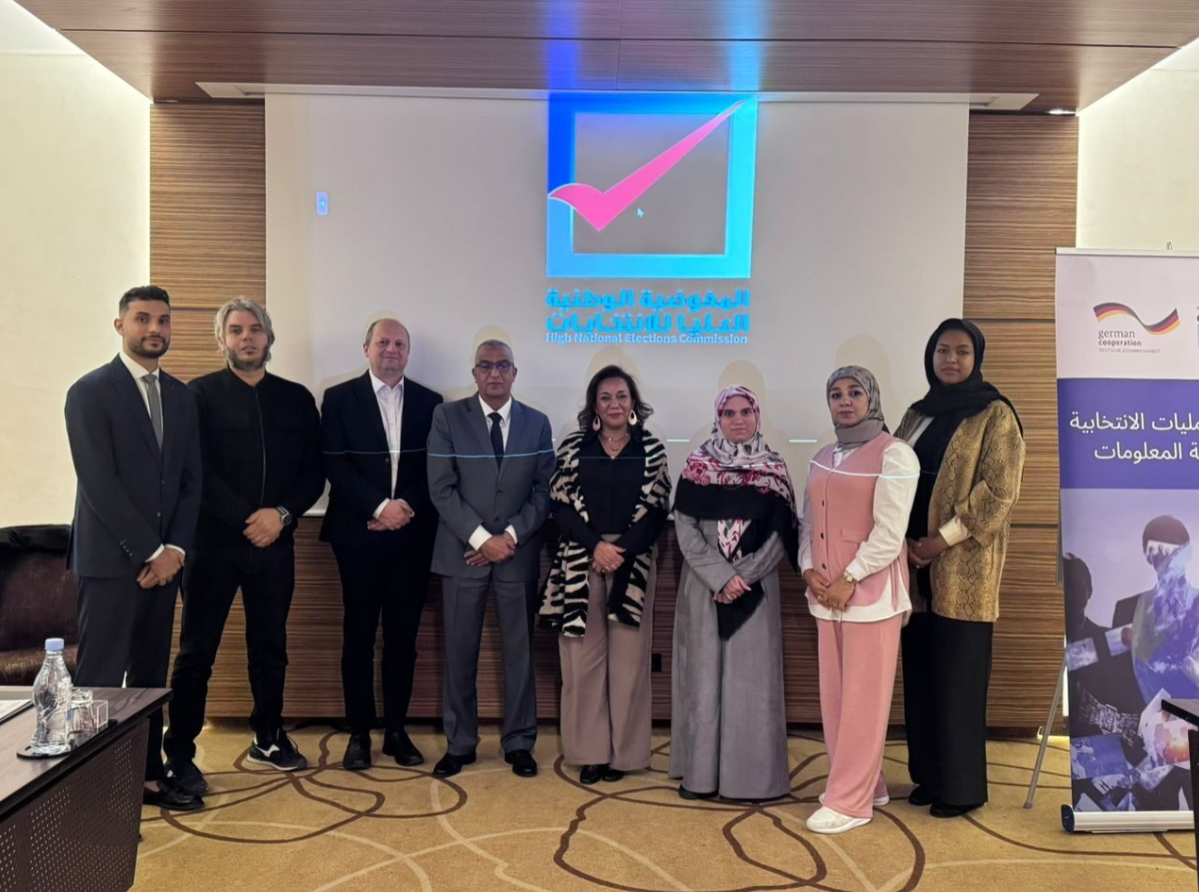International IDEA has been working on the negative influence of money in political processes for over 15 years. Because I see this phenomenon as one of the major threats to democracy, I decided—when I started as Secretary-General of International IDEA in June 2014—to intensify our efforts in this area, by launching the institution-wide initiative of Money in Politics.
The question of money’s negative influence over politics is as pressing as ever. Why? Because it threatens the very foundations of democracies. In many countries, the massive level of financial resources spent in election campaigns make it impossible for those without access to large private funds to compete. The spiralling costs of political participation particularly affect women candidates. In a few cases, illicit finance also seeps into the political process through organized crime. When the political process is “hijacked” by the wealthy few, their interests take priority over ordinary citizens, and accountability relationships are distorted, undermining the fundamental principles of democracy. These processes can occur in both mature and emerging democracies.
To address this issue, International IDEA as part of its institution-wide initiative on Money in Politics conducts research and develops knowledge resources, organizes international, regional and national debates to identify challenges and stimulate legal reform, and assists countries in institutional capacity building on how to tackle the negative influence of money in political processes. Our 2014 Political Finance Handbook provides a comprehensive global overview of political finance regulations around the world and provides guidance for reform. The handbook has been translated into Spanish and Myanmar and is in the process of being translated into Russian and Ukrainian. International IDEA’s database on Political Finance is also a leading source of comparative information on political finance regulations and includes laws and regulations from 180 countries.
Throughout 2015 and 2016, International IDEA has organized a series of global and regional conferences on money in politics. Such events were held in Mexico (for the Latin American region), India (for the South Asian region) and Georgia (for Eastern and Central Europe). The purpose of these regional conferences were to provide a forum for practitioners, academics and policy-makers to highlight areas of political finance regulations that are in need of reform; exchange information on the effective enforcement and monitoring of political finance legal frameworks; and identify approaches, mechanisms and procedures for improving the implementation of existing regulations. The conferences have enabled the creation of a Community of Practice on Money in Politics and the strengthening of global and regional networks focused on the issue. The South Asian conference also resulted in the ‘New Delhi Declaration’, which provides guiding principles on political and electoral financing to control the adverse impact of money in electoral politics in South Asia.
International IDEA has also produced a film - Power in our Pockets: Social Media, Money and Politics in the Digital Age - that highlights the role that digital technology and social media can play in political processes, including in enhancing accountability and transparency on political finance. The film was launched in Washington DC in March and will have its European premiere at the Global Media Forum in Bonn in June 2016. International IDEA is also in the process of developing a Practical Guide for Digital Solutions for Political Finance Reporting and Disclosure with the aim of assisting political finance oversight agencies to receive and publish political party and candidate financial data digitally.
Let me end by stating three important messages that are particularly important to International IDEA in the context of money in politics:
International IDEA recommends using technology and open data to strengthen oversight and increase transparency in Money in Politics. Technology can help to systematically gather national political finance data and make it easily accessible to the public. This can in turn help to foster greater public trust in politicians.
I would also like to stress the importance of learning from international good practices on countries that have successfully managed to minimize the negative influence of money in the political processes. In this context, public funding to political parties is of critical importance. When administered and distributed appropriately, public funding for political parties can be a good counterbalance to private donations and can also increase political pluralism.
Money is among the greatest threats to democracy, as the more influence it has on politics, the less influence the average citizen has. Therefore International IDEA firmly believes in the importance of putting an end to the arms race in electoral spending.
